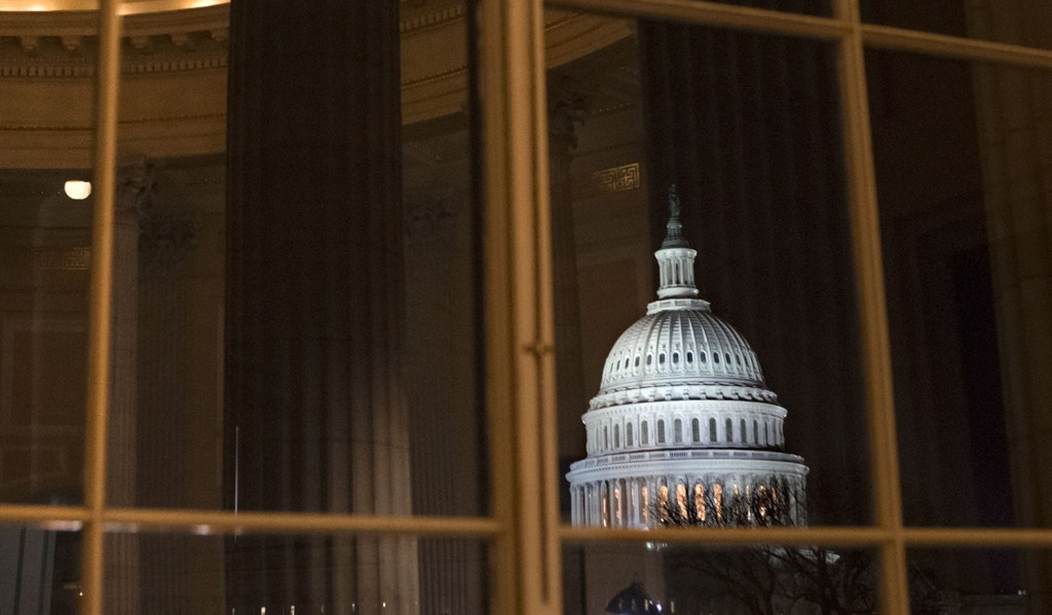Stop the money machine, we’d like to jump off please. That probably sums up what many taxpayers are hoping will be the result of yesterday’s Senate Banking Committee renomination hearing for Export-Import Bank President and CEO Fred Hochberg. After voting to give a huge lending-capacity boost in Ex-Im’s reauthorization last spring, but also approving legislative language that could lead to better oversight of the taxpayer-backed institution’s practices, cost-conscious Americans expect more than just pleasantries between Hochberg and Committee Members. Although there were some exchanges of hard realities at the hearing, House and Senate Members must ask questions more directly of Ex-Im’s leaders as well as themselves, among them:
1) Since receiving a reauthorization last year that will boost its lending capacity 40 percent between 2012 and 2014 (to $140 billion), what has Ex-Im done to shield taxpayers from future risks? After all, $10 million of the now-bankrupt Solyndra’s funds came from Ex-Im, as did financing for other dubious green energy ventures.
2) Despite claims from Ex-Im’s supporters that the bank has “made a profit,” financial experts have expressed their doubts, noting that Federal Credit Reform Act rules “understate the cost government loan programs impose on taxpayers by excluding, or not factoring in, the cost for market risk.” How far has Ex-Im, not to mention the entire federal government, moved toward the fair-value accounting in its credit programs that House Republicans have been insisting upon?
3) In October 2012, Congressman Jim Jordan (R-OH) contacted Treasury Secretary Geithner requesting an update on the 2012 Ex-Im Reauthorization Act’s requirement that the Secretary negotiate an end to export financing subsidies among other countries and elimination of export aircraft credit financing. How much progress had been made toward these ends since the Secretary’s report was due last November?
4) What has been done to allay concerns of cronyism in the Bank’s leadership? As an op-ed I wrote in December of 2012 recounted:
Critics on the left and right – ranging from self-proclaimed socialist Senator Bernie Sanders to the editorial page of The Wall Street Journal – have argued that politics can play an alarming role in the decision making process. Ex-Im’s Fiscal Year 2013 Advisory Committee includes Christine Gregoire, governor of Washington, where the company was founded, and Owen Herrnstadt of the International Association of Machinists and Aerospace Workers, which is the chief union that engages in bargaining with Boeing and represents tens of thousands of its workers. Is it any wonder Ex-Im has been dubbed “Boeing’s Bank”?
Recommended
So far the clues to an answer are not encouraging. More than 4 out of 5 dollars Ex-Im backed in 2012 went to one company: Boeing.
5) How has Ex-Im addressed criticisms that by helping to underwrite loans for firms like Boeing, which sells to foreign airlines, the institution is attempting to pick losers and winners in the marketplace? As far as aircraft go, the losers are often U.S. air carriers, one of whom complained that Ex-Im’s practices cost the domestic airline industry up to 7,500 jobs and $684 million per year.
There are at least a dozen more questions that should be asked on behalf of taxpayers, not just in hearings like the one held yesterday but every day programs like Ex-Im are allowed to perpetuate. Ultimately, however, Ex-Im’s biggest quandary is this: to prevent a massive taxpayer bailout, the Bank must often balance its portfolio by financing established companies that are already highly profitable in the first place, which only discourages the very same new entrants to the export market that U.S. policymakers hope to entice. (Or worse, the practice encourages those prospective entrants to visit Washington with an outstretched hand).
Yesterday leaders on both sides of the microphones – Fred Hochberg and his Senatorial inquirers – took rhetorical stabs at the issues of reforming Ex-Im. But much more than words will be needed to follow through on the modest transparency and accountability overhaul Congress called for in the bank’s reauthorization last year. In fact, while we’re on the subject of words vs. deeds, maybe Congress could go one better than disclosure requirements and just wind down Ex-Im altogether, as Rep. Justin Amash (R-MI) proposed through legislation in 2012. Until then, that giant grinding sound you hear coming from the gears of Washington’s corporate welfare machine will continue. And you’re along for the ride.

























Join the conversation as a VIP Member